Get Started On A Vegan Anti Inflammatory Diet
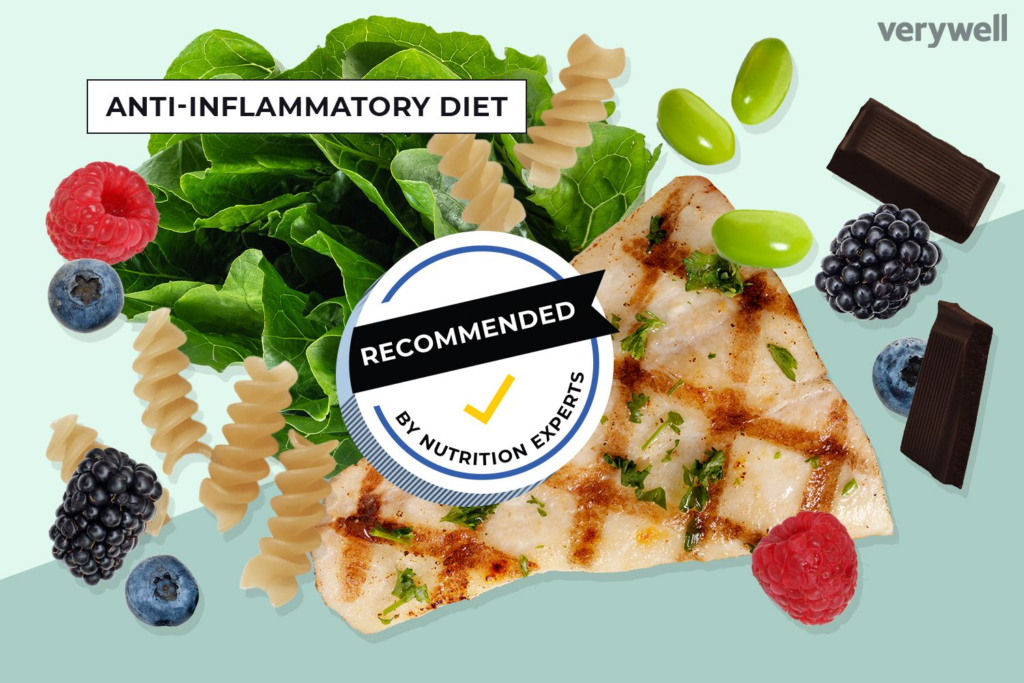
If you want to start an anti-inflammatory diet, going vegan is a great way to do it. A vegan diet can help reduce inflammation throughout the body, which can lead to a number of health benefits.
There are many delicious and healthy vegan foods that are anti-inflammatory, such as fruits, vegetables, whole grains, and healthy fats. Here are some tips to help you get started on a vegan anti-inflammatory diet:
1. Fill up on fruits and vegetables.
Fruits and vegetables are packed with antioxidants and phytochemicals that can help reduce inflammation. Aim to fill at least half of your plate with these healthy foods at every meal. Some great options include leafy greens, berries, tomatoes, and citrus fruits.
2. Choose whole grains.
Whole grains are another great source of anti-inflammatory nutrients. Look for items like quinoa, brown rice, oats, and barley. These foods can help you feel full and satisfied while providing your body with important vitamins, minerals, and fiber.
3. Include healthy fats in your diet.
Healthy fats are an important part of a balanced diet and can actually help reduce inflammation. Good sources of healthy fats include avocados, olive oil, nuts, and seeds. Be sure to use these in moderation, however, as they are still high in calories.
4. Avoid inflammatory foods.
There are some foods that can actually contribute to inflammation in the body. These include refined carbohydrates, saturated fats, and processed meats. If you want to follow a vegan anti-inflammatory diet, avoid these foods as much as possible.
5. Get enough sleep.
Getting enough sleep is important for overall health, but it can also help reduce inflammation.Aim to get at least seven hours of sleep each night.
6. Exercise regularly.
Exercise is another great way to reduce inflammation and promote overall health. Be sure to get at least 30 minutes of moderate exercise most days of the week.
Vegan anti inflammatory diet
A vegan anti inflammatory diet is one that avoids foods that contribute to inflammation in the body, such as refined carbohydrates, saturated fats, and processed meats. Instead, this type of diet focuses on eating anti-inflammatory foods, like fruits, vegetables, whole grains, and healthy fats. This can lead to a number of health benefits, including reduced inflammation and improved overall health.
Foods to eat on a vegan anti inflammatory diet
There are many delicious and healthy vegan foods that can help reduce inflammation in the body. These include fruits, vegetables, whole grains, and healthy fats. Here are some great options to include in your diet:
Fruits: berries, tomatoes, citrus fruits
Vegetables: leafy greens, broccoli, carrots
Whole grains: quinoa, brown rice, oats, barley
Healthy fats: avocados, olive oil, nuts, seeds
Sleep and exercise are also important for reducing inflammation and promoting overall health. Be sure to get at least seven hours of sleep each night and aim for 30 minutes of moderate exercise most days of the week.
Foods to avoid on a vegan anti inflammatory diet
There are some foods that can actually contribute to inflammation in the body. These include refined carbohydrates, saturated fats, and processed meats. If you want to follow a vegan anti-inflammatory diet, avoid these foods as much as possible.
Refined carbohydrates: white bread, pasta, pastries
Saturated fats: butter, cheese, fatty meats
Processed meats: bacon, sausage, deli meats
Following a vegan anti inflammatory diet can help reduce inflammation in the body and improve overall health. This type of diet focuses on eating anti-inflammatory foods, like fruits, vegetables, whole grains, and healthy fats. Exercise and sleep are also important for reducing inflammation and promoting overall health. Be sure to get at least seven hours of sleep each night and aim for 30 minutes of moderate exercise most days of the week.

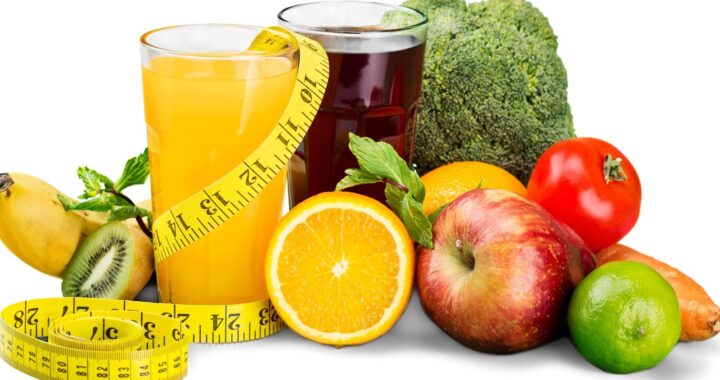 Fad Diets and Long-Term Solutions: A History of Dieting Trends
Fad Diets and Long-Term Solutions: A History of Dieting Trends  5 Weight Loss Myths
5 Weight Loss Myths 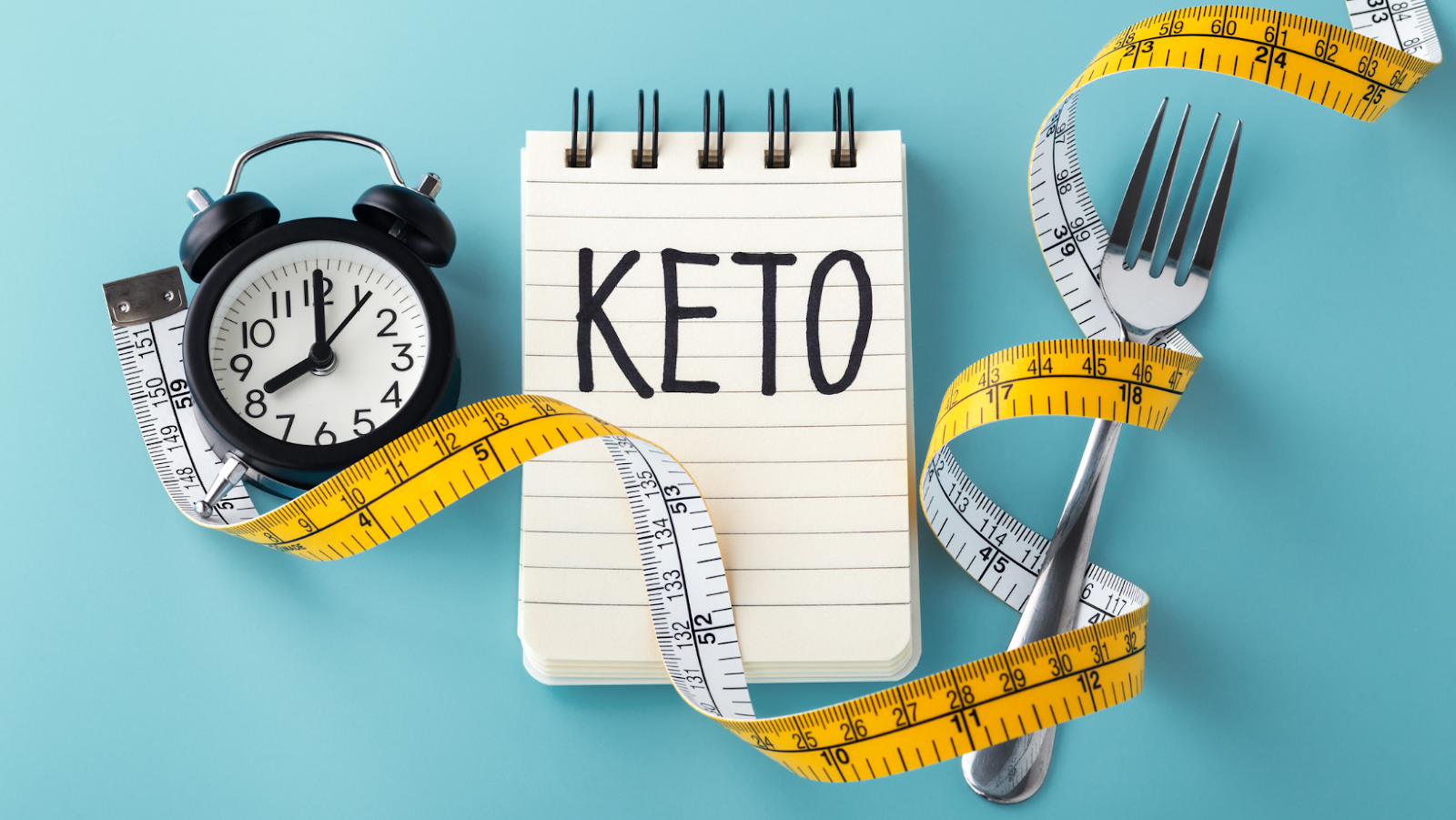 The Ultimate Guide to Keto Carrots
The Ultimate Guide to Keto Carrots 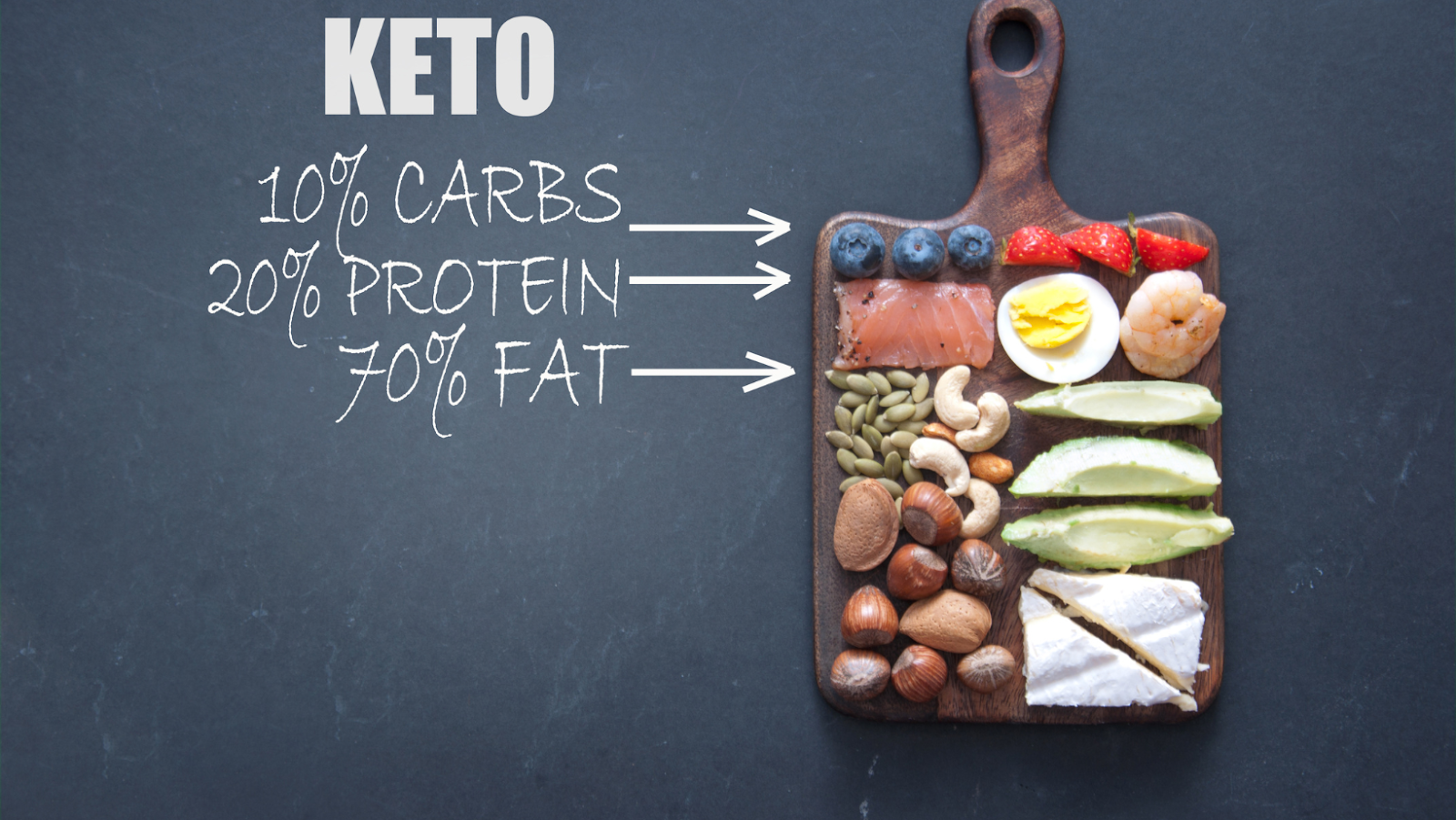 The Secret to Getting More Energy and Endurance When you are on a Keto Diet
The Secret to Getting More Energy and Endurance When you are on a Keto Diet  The Healthiest Fruit For A Keto Diet
The Healthiest Fruit For A Keto Diet 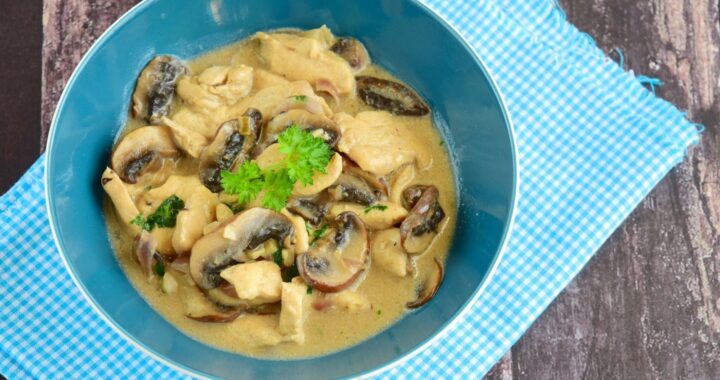 Chicken and Mushrooms are The Perfect Combination for A Healthy Meal
Chicken and Mushrooms are The Perfect Combination for A Healthy Meal